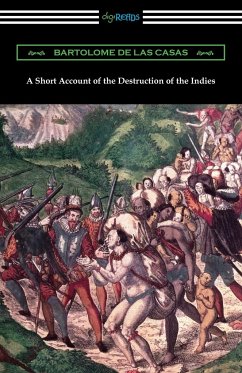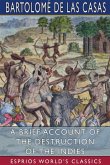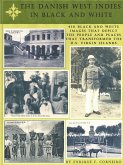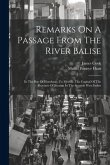Bartolomé's eye-opening account of Spanish colonialism in the early to mid-16th century has for centuries been a pivotal source on the topic. Following the discovery of the Americas by Christopher Columbus in 1497, a great interest in the new and virgin lands was sparked in Europe. Spain, eager to capitalise on the great resources and wealth present, sent successive fleets of vessels to the Caribbean to set up colonial outposts as footholds in the new continent. Despite being small in number, the Spanish colonists had superior arms and were able to forcibly subdue the native populations. Murder, rape and other atrocities were commonplace in the process, with many natives afterwards becoming enslaved. While wealth was amassed, the moral depravity involved would appal the socially conscious at home. For his part, Las Casas would assume place as a dogged defender of West Indian peoples, putting pressure on the Spanish court to enact laws protecting native welfare.
Hinweis: Dieser Artikel kann nur an eine deutsche Lieferadresse ausgeliefert werden.
Hinweis: Dieser Artikel kann nur an eine deutsche Lieferadresse ausgeliefert werden.








